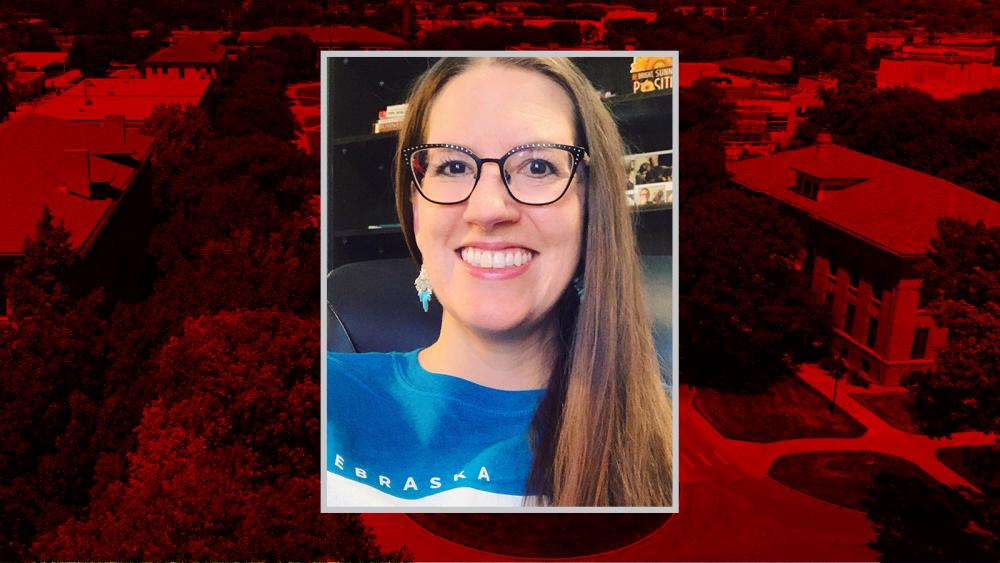
In week 4 of “The Science of Well-Being,” we learn about resetting our reference points. It takes effort, but there are intentional activities we can do to help overcome our biases and improve our mood.
One strategy to reset our reference points is to spend our money on experiences instead of “stuff.” Material purchases stay the same over time and we get used to them. They may provide a short uptick in happiness, but they soon become just part of our lives and we no longer derive pleasure from them.
Experiences are more dynamic—we receive pleasure just from planning and thinking about an activity, as well as participating in it and then recalling the memory after it has happened. Even if the experience wasn’t perfect, it still makes for a good memory later. Maybe you took a wrong turn on vacation and drove in circles for an hour. Later you will look back on that and laugh about the time you got lost. My family still fondly recalls the time 30 years ago that we couldn’t figure out how to get out of a parking lot when we were on a trip.
And connecting to our discussion on social connection last week, telling other people about our experiences is more fulfilling than telling them about the stuff we purchased. Experiences are also less prone to cause social comparison than material objects (though they can still cause envy—for example, if you are posting sunny beach vacation photos while your friends are stuck at home in snowy weather).
Tip of the Week
Physical health affects your mental health—exercise can decrease depression, while sleep deprivation lowers your mood. Try to get at least 30 minutes of exercise every day and 7-8 hours of sleep each night. Any sort of exercise will do. Just get your body moving (walk, dance, yoga, shovel snow, play tag with your kids)! To improve your sleep, don’t use devices before bed and try to avoid caffeine and alcohol.